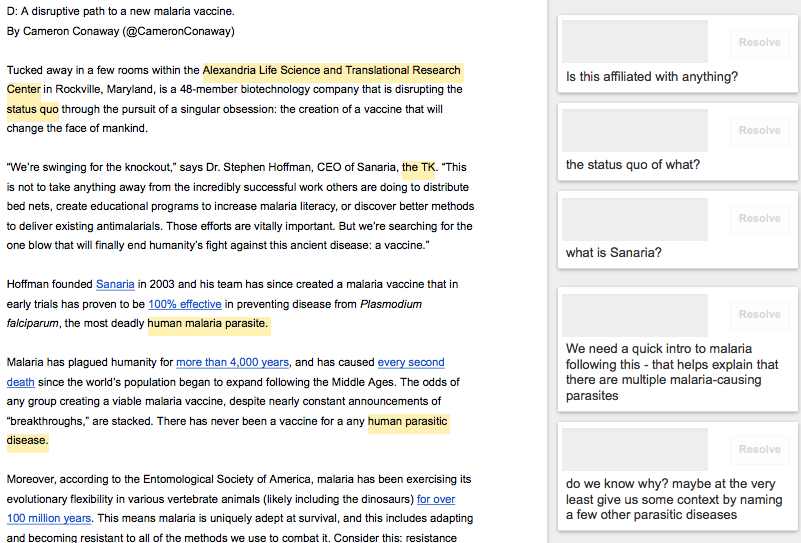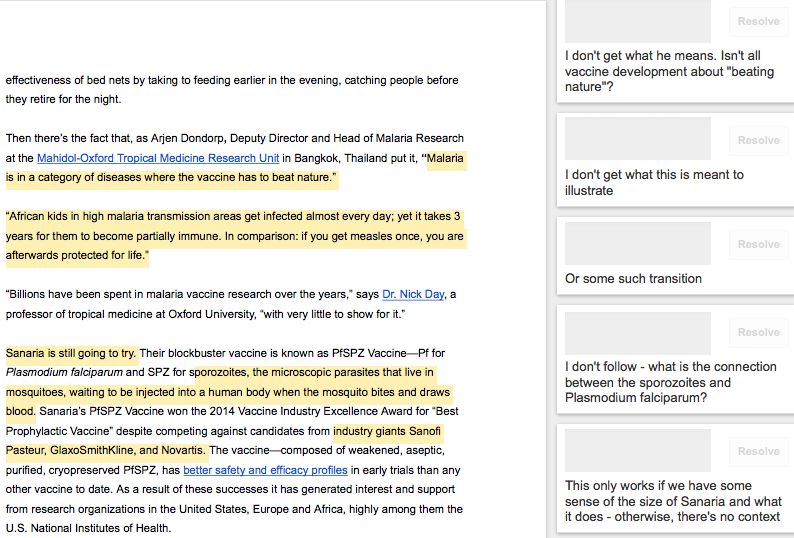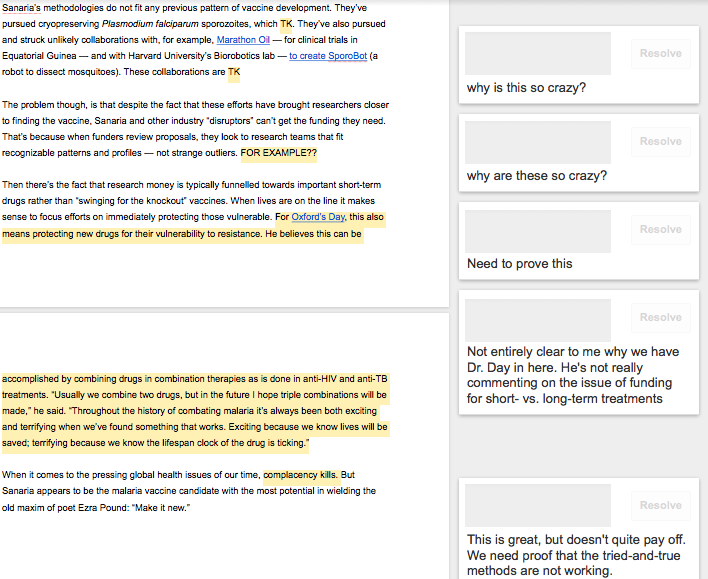No Mud, No Lotus: Beginner’s Mind and Editorial Process in Newsweek’s “Killer Disruptors”
BY CAMERON CONAWAY
“In the beginner’s mind there are many possibilities, in the expert’s mind there are few.”
—Shunryu Suzuki
Beginner’s mind can be a pain in the ass. My palms sweat and I bite my nails and I pace around the house all while it ferries whatever wrinkles of confidence I had about writing into an attic that I can’t access until the work is published.
I practice it daily; it rewards fairly.
Each morning I sit for 30 minutes and during this time my breath becomes at once a foreign animal that physically moves me and a metaphorical anchor that grounds me. Beginner’s mind. The root of revision (from French revision, from Late Latin revisionem: “a seeing again”) is beginner’s mind. To see something entirely familiar as though it’s entirely unfamiliar. The writings that blossom like lotus from this pivot of mind aren’t always my best or most acclaimed, but because of what this mindset teaches me along the way they are always my most cherished. My first piece for Newsweek, “Killer Disruptors” (titled “A Working Malaria Vaccine That Can’t Get Money” in the digital edition) is one of the cherished.
 The surface news story was simple: Sanaria has created perhaps the greatest malaria vaccine our world has ever known, yet it’s not generating the attention it deserves. But that story didn’t have the bones of readability in the way I’d been taught a story should, in the way the stories I like to read always do. So I paced and bit and sweat and eventually saw on the canvas of beginner’s mind a sepia movie-reel whereby the camera panned out from the small offices to show the building itself—so grew my opening paragraph. I thought I nailed it.
The surface news story was simple: Sanaria has created perhaps the greatest malaria vaccine our world has ever known, yet it’s not generating the attention it deserves. But that story didn’t have the bones of readability in the way I’d been taught a story should, in the way the stories I like to read always do. So I paced and bit and sweat and eventually saw on the canvas of beginner’s mind a sepia movie-reel whereby the camera panned out from the small offices to show the building itself—so grew my opening paragraph. I thought I nailed it.
And this is when things get beautiful or frustrating or both depending on one’s state of mind. Thanks to my editor I was able to “see again.” Yes. This research center has a huge name and is in the opening paragraph. Naturally, readers will assume it’s important, especially when I didn’t yet mention Sanaria. And “status quo” wouldn’t make sense without a framework. And what kind of writer of and for the people drops Plasmodium falciparum before some details about malaria? Not one I would like to read (or be).
 My former colleague, Dr. Arjen Dondorp, said that brilliant line and its poignancy stuck with me for weeks. But… my editor is right again. It doesn’t add layers to our context nor does it illuminate a general audience’s understanding of vaccines. We cut this line entirely but kept the important “partial immunity” quote because it met those requirements and possibly answered a few questions before the reader had time to formulate them.
My former colleague, Dr. Arjen Dondorp, said that brilliant line and its poignancy stuck with me for weeks. But… my editor is right again. It doesn’t add layers to our context nor does it illuminate a general audience’s understanding of vaccines. We cut this line entirely but kept the important “partial immunity” quote because it met those requirements and possibly answered a few questions before the reader had time to formulate them.
Next, yes, I needed to tighten the science writing so the connections were obvious. Then, yes, it doesn’t make sense to pit Sanaria as the scrappy David archetype if I do not in some way illustrate the largeness of the Goliaths. “Show don’t tell,” is the clichéd lesson. But sometimes (this particular time) a writer shouldn’t show, they should “tell” better. So I dug in, found some statistics and told better.
“TK,” I would come to learn, is a kind of journalist shorthand/placeholder for when facts are needed. Few words have TK in them, so it’s easy to search TK through your document and get quickly to where you need to be.
Lastly, because I had structured this essay to reveal Sanaria and Dr. Hoffman as truly disruptive outliers in the field, I actually had to systematically deliver on these qualities throughout the piece, and not just all in one kaboom! in the conclusion. My editor’s repetition of “why” and his insistence on proof brought me back to beginner’s mind. Just as I was feeling the flow of the piece, his comments made me realize this essay wasn’t for a creative nonfiction literary journal. However lyrical the writing, the lyric in this sense should serve only as spice to the main dish of journalism. I had slipped into a place of knowing and my editor helped me erase the slate and, in the end, write a far more nuanced and effective essay.
Vietnamese Zen Master Thich Nhat Hanh often uses the phrase “No mud, no lotus” to speak about how sometimes we need to lean into our discomforts and sufferings (the mud) if we are to cultivate understanding and wisdom, (the lotus). The editorial process at Newsweek invited me to lean in and even roll around, but it was beginner’s mind that allowed me to leap into the known unknown.
***

Author and Professor Cameron Conaway, MFA
ABOUT CAMERON
Cameron Conaway is the author of Malaria, Poems, one of five poetry collections to make NPR‘s “Best Books of 2014” list. His work has appeared in Newsweek, The Guardian and ESPN. Conaway is a Pulitzer Center on Crisis Reporting grantee and he currently teaches at Penn State Brandywine. Follow him on Twitter @CameronConaway.
